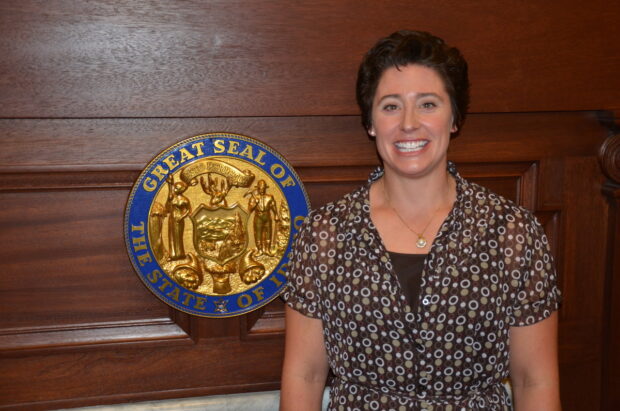The University of Idaho and the STEM Action Center are teaming up to train teachers and launch a new, online computer science dual credit course this fall.

In June, the University of Idaho will offer three different weeklong computer science professional development workshops. The training workshops are designed for secondary teachers who would like to teach “Computer Science 112 Computational Thinking and Problem Solving” as a dual credit course.
Rep. Paul Amador, a Coeur d’Alene Republican who works as director of program development at University of Idaho, Coeur d’Alene, says the teacher training workshops will open the door to computer science courses to many rural Idaho students for the first time.
“It’s certainly not a stretch to think students sitting in Boise have access to computer science instruction, but it’s a much different story for those students in Salmon or Riggins or Orofino,” Amador said. “They need to have equal access to quality education programming and future careers.”
In 2016, the Legislature created a four-year computer science program through University of Idaho and North Idaho College. At the K-12 level, Sandpoint High School math teacher Nanette Brothers developed and teaches computer science. But beyond that, course offerings are limited, STEM Action Center executive director Angela Hemingway said.

The first step to expanding computer science courses to more students is to get teachers certified to teach the dual credit course through the University of Idaho and its June training workshops. As an incentive, the STEM Action Center will provide a $300 stipend to teachers who complete the training workshops.
The next step is to partner with the Idaho Digital Learning Academy so the newly certified teachers can offer the online courses to high school students in the fall.
“At the end of the day, it will be awesome to teach the course not only in person (at their local school), but to reach further into rural Idaho communities and beyond through IDLA,” Hemingway said.
The Computer Science 112 course will be available for high school students who complete Algebra 2 with at least a “C” average. CS 112 will also satisfy a high school student’s senior math credit, and count as dual credit through University of Idaho, Amador said.
Wanda Quinn, a program development specialist at University of Idaho, Coeur d’ Alene, sees another benefit to the summer training workshops.
“Even if teachers don’t chose to teach the course face-to-face, the more teachers who take the course and are familiar with it, means more opportunities to incorporate (computer science) into their lessons,” Quinn said.
Hemingway is also excited about the partnership and the ability to expand computer science offerings to more K-12 students. She said the partnership fits perfectly with the STEM Action Center’s mission to serve as the hub for science, technology, engineering and math.
“Now, we have the opportunity to take a course that didn’t exist before and serve an under-represented population through STEM and computer science,” Hemingway said.
Computer science professional development workshops (educators must register online by May 1).
- June 12-16 University of Idaho, Boise.
- June 19-23 University of Idaho, Idaho Falls.
- June 26-30 University of Idaho, Coeur d’Alene.
